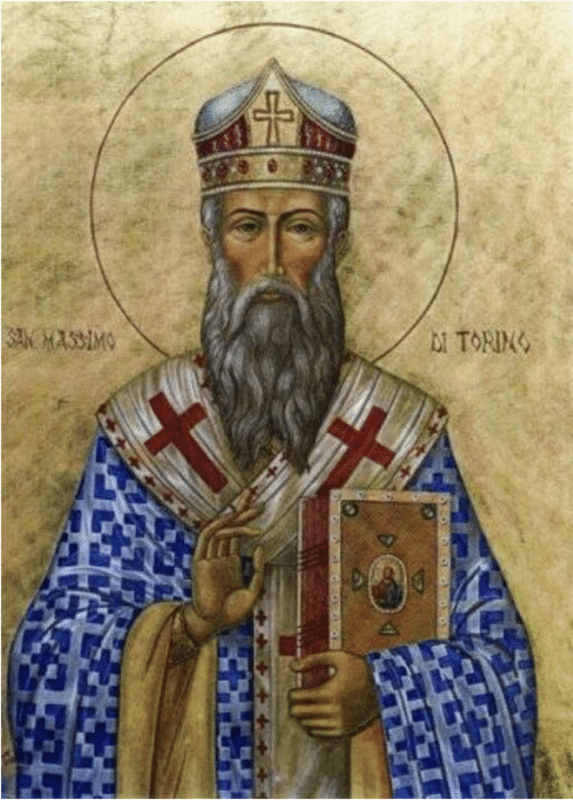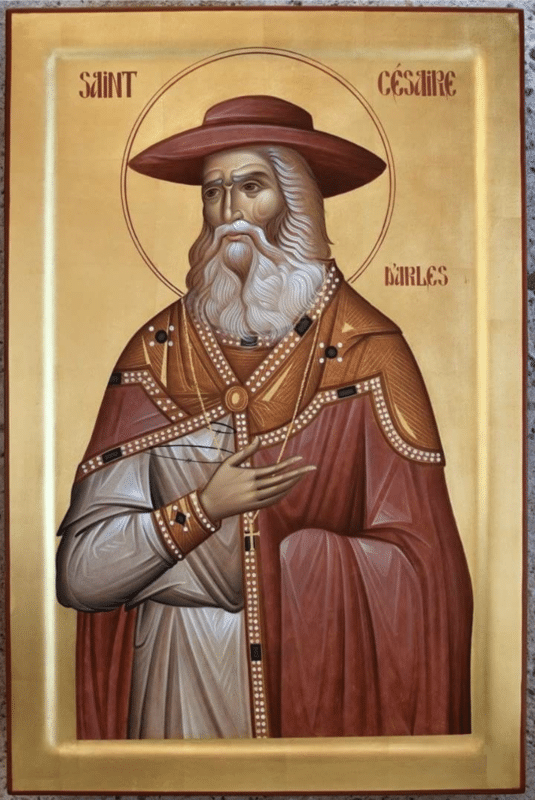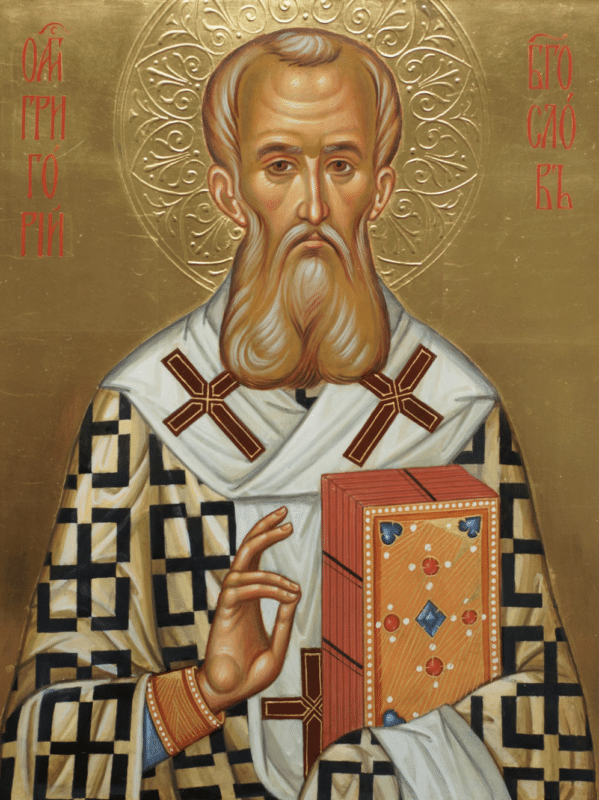December 3, 2023
Matthew 1:18-25 + Isaiah 7:14
The Dawn of Redeeming Grace
We often hear discussions about the true meaning of Christmas, but what is the true meaning of Advent? Where did it come from and what can Advent mean for us?
About 700 years before the birth of Jesus of Nazareth, during a very dark time in the world, with much political upheaval and moral and spiritual chaos, God spoke through the Old Testament prophet Isaiah and told of a virgin who would become pregnant and then deliver a son who would be called Immanuel, which means “God with us.” The appearance of this son would serve as a sign that He had come to be the Savior of the world.
In our own day and time, as the 20th century English author Dorothy Sayers once said, “the drama is the dogma” and the doctrine of the Incarnation is indeed a dramatic, mind-blowing, heart-thumping, eye-popping concept. One of the most remarkable things it displays is the lengths that the God of the Bible would go to in order to save us.
Join Pastor Jim as he connects some of the dots of God’s unfolding plan of redemption history during this first Sunday in Advent 2023.




